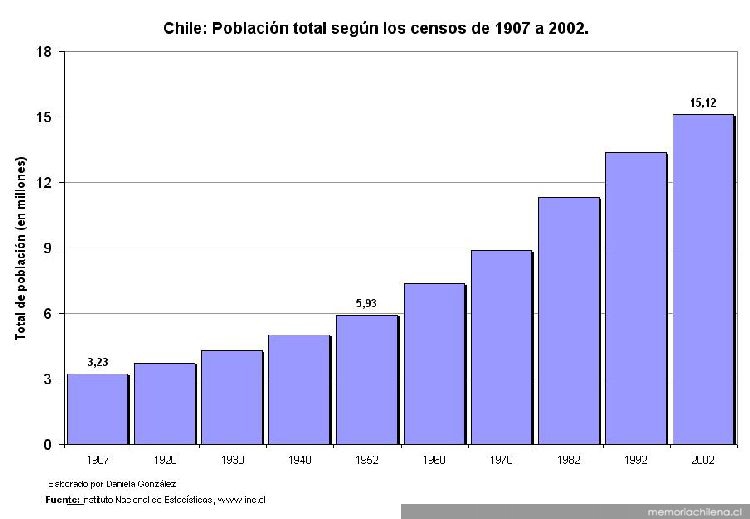“A wide-angle view of fragile Earth” is a
TED talk by Yann Arthus-Bertrand, a photographer. He talked about
Ecology, and more specifically, about the Climate Change and how the human
being have damaged the Earth. The talk shows pictures and videos to motivate
the audience to take care about the problem.
First, Yann presents some pictures of
different places of the planet: Alberta, Coral reef, North Pole, Kilimanjaro, Borneo,
and others. All of them are in dangerous because the Climate Change is working.
Then, Yann shows his project “6 billion
Others”, where he captured the voice of the people, related to one question:
What is the most beautiful thing that happened in your life?
At the end, Yann shows the teaser of his
movie “Home”, where he shows the state of the planet.
I enjoy
this talk very much, because I related on this topic. Yann explains a lot of
facts related to my occupation. Here is an example: He talked about the corn used
to feed animals and do oil, meanwhile, one million people have not enough to
eat.

